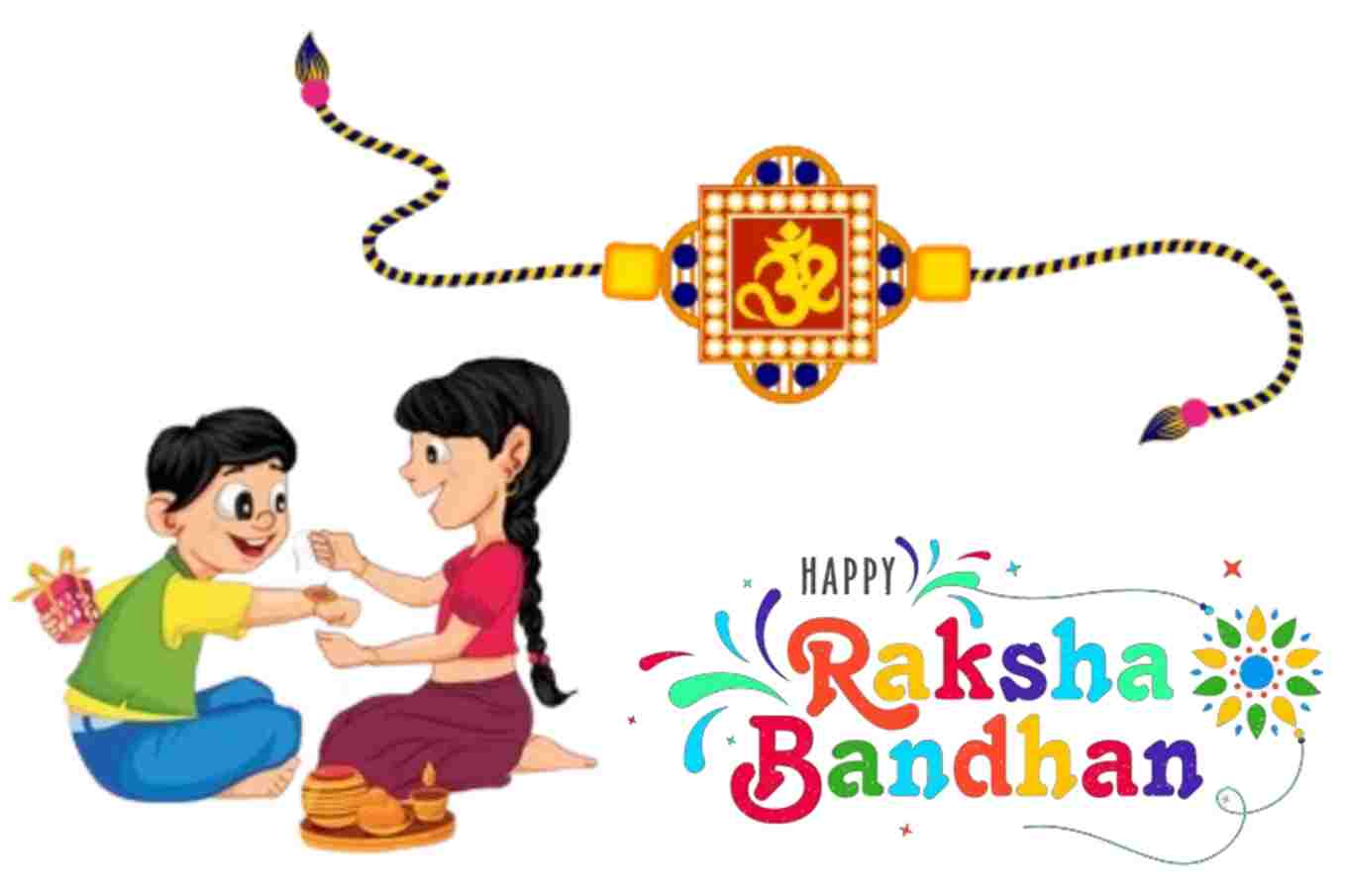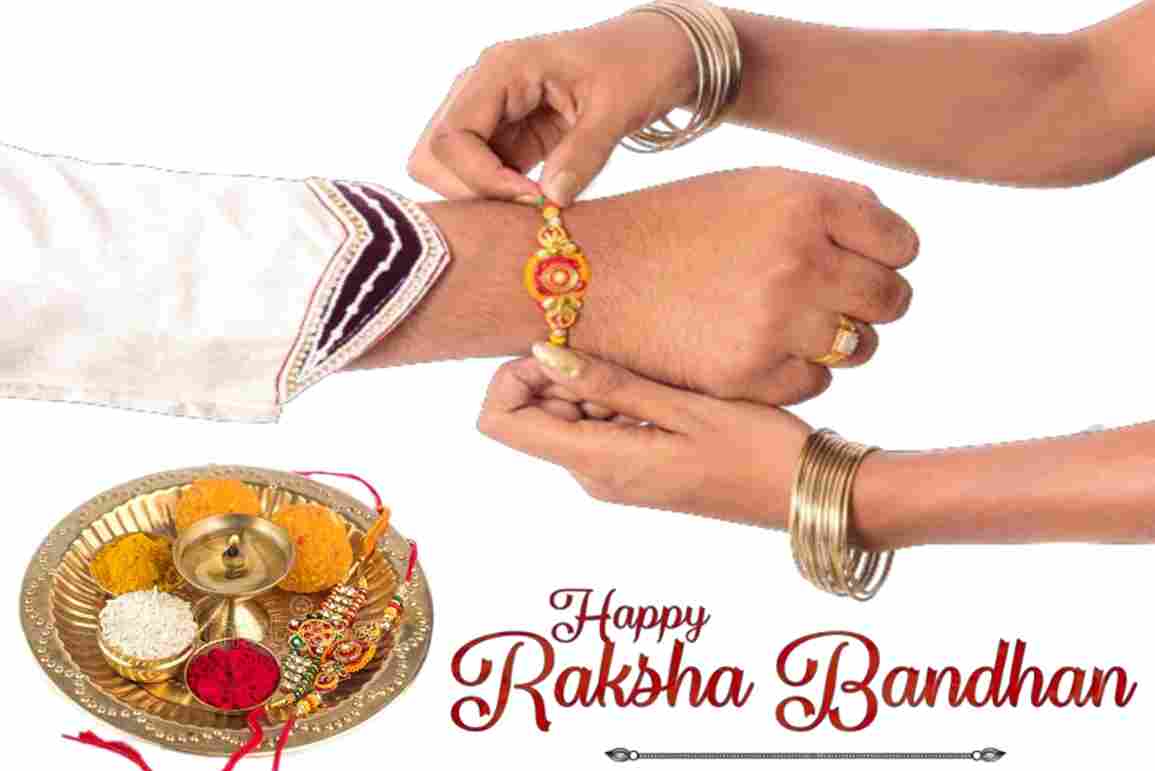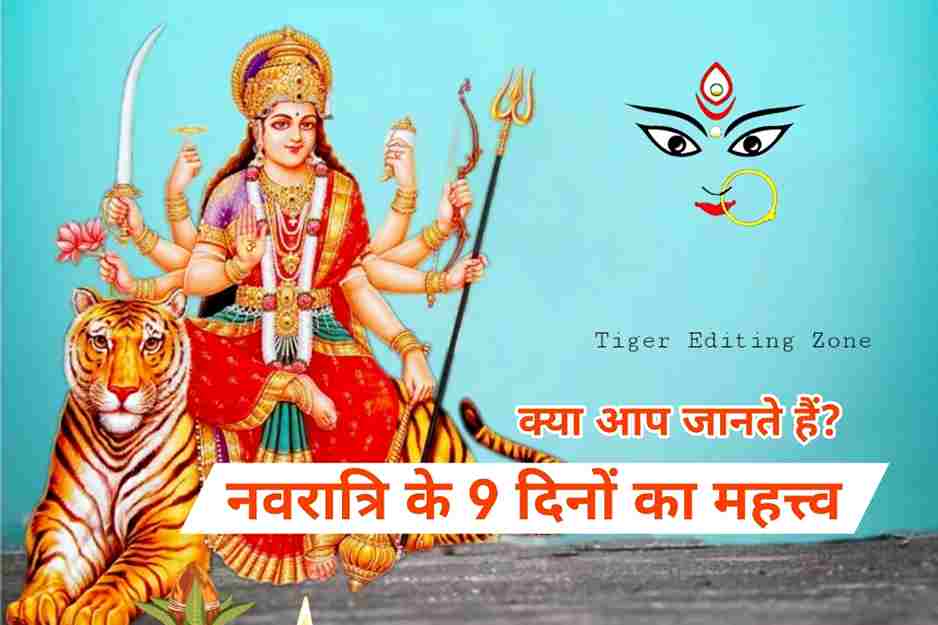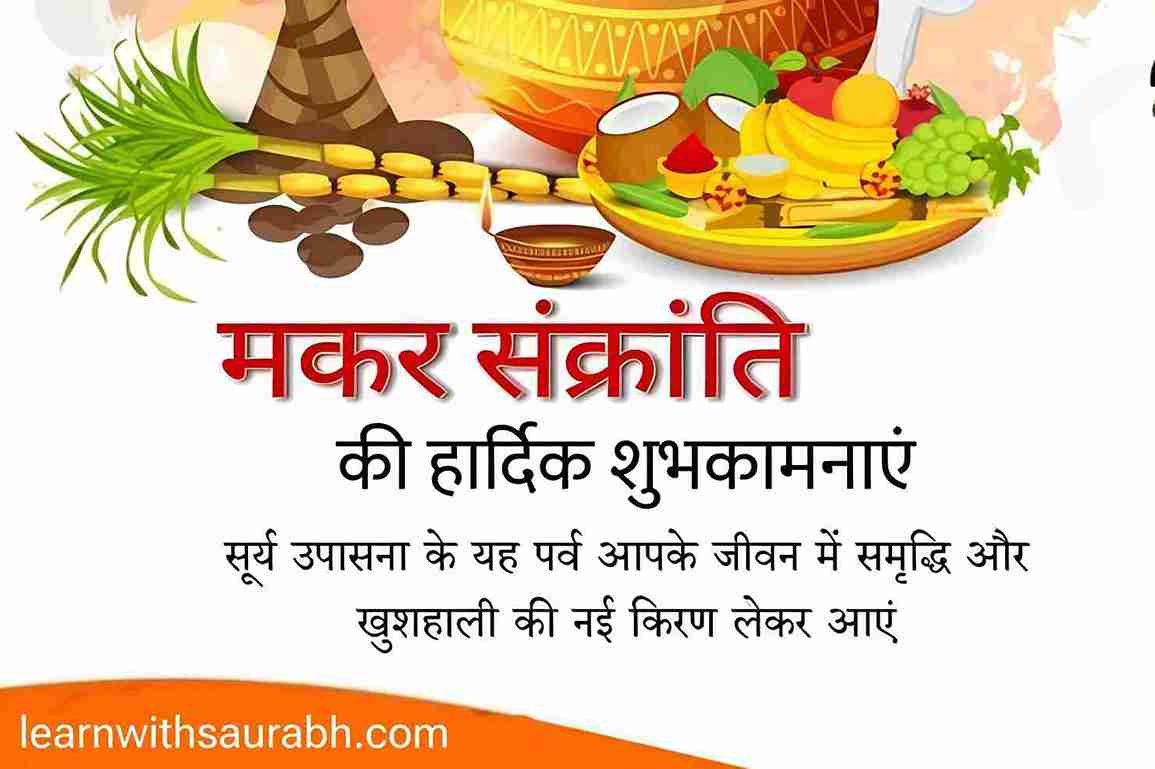Raksha Bandhan, a cherished festival in India, is a celebration of the deep and sacred bond shared between brothers and sisters.
With its origins deeply rooted in the country’s rich cultural heritage, this festival transcends religious boundaries and serves as a reminder of the significance of love, protection, and harmony in relationships.
As sisters tie the sacred thread, known as the “Rakhi,” around their brothers’ wrists, the festival exemplifies the enduring bond of affection and care.
Historical and Cultural Significance of Raksha Bandhan
Raksha Bandhan has a historical significance that dates back centuries. It has been mentioned in various mythological texts and stories, each emphasizing the importance of safeguarding and nurturing the bond between siblings.
The tale of Lord Krishna and Draupadi from the Mahabharata is often cited, highlighting the emotional and protective aspect of the festival.
Draupadi tied a strip of her saree around Lord Krishna’s wrist when he injured his hand, symbolizing their unique bond.
Rituals and Traditions of Raksha Bandhan
The preparations for Raksha Bandhan typically begin weeks in advance, with markets adorned with colorful Rakhis and sweets. On the day of the festival, sisters perform aarti, a traditional ceremony, and apply a tilak on their brothers’ foreheads.
This is followed by tying the Rakhi around the wrist, which signifies the sister’s prayer for her brother’s well-being and protection against harm. In return, brothers offer gifts, a token of their affection, and a promise to protect their sisters throughout their lives.
Evolution of Celebrations
While the essence of Raksha Bandhan remains constant, its celebrations have evolved over time. In today’s fast-paced world, distances often separate siblings geographically.
However, the advent of technology has made it possible to bridge these gaps through virtual celebrations, where sisters can send Rakhis and brothers can reciprocate with online gifts and messages.
A Symbol of Gender-Neutral Affection
Raksha Bandhan is not just limited to biological siblings; it has expanded to encompass diverse relationships.
Friends, cousins, and even colleagues tie Rakhis to convey their affection and respect for one another. This inclusivity reflects the festival’s ability to foster unity and goodwill in society.
Conclusion
Raksha Bandhan remains a testament to the enduring power of relationships in an ever-changing world. As sisters tie Rakhis around their brothers’ wrists, they reinforce the bonds of love and protection, transcending time and distance.
The festival serves as a reminder that the essence of human relationships lies in caring for one another and standing by each other’s side through thick and thin.
Whether celebrated traditionally or through modern means, Raksha Bandhan continues to be a cherished occasion that upholds the values of love, unity, and shared responsibility.




